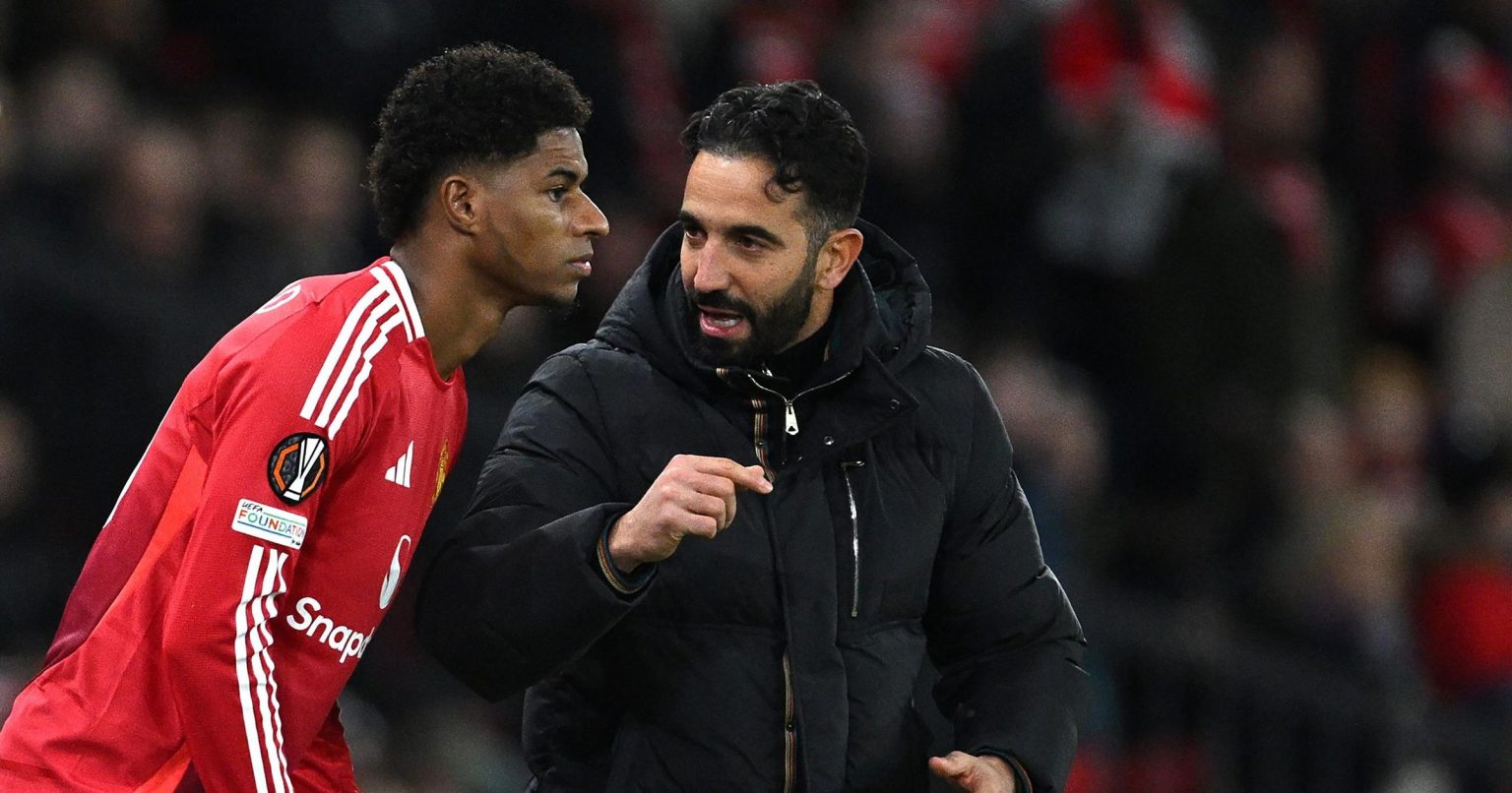Marcus Rashford’s time at Manchester United appears to be drawing to a close. Despite having a contract until 2028, his loan move to Aston Villa, coupled with reported interest from Barcelona, suggests his Old Trafford career is all but over. The relationship between the player and the club is seemingly fractured beyond repair, with reports indicating it’s “near irreplaceable,” even if current manager Ruben Amorim departs. While a pre-season appearance remains a remote possibility if Amorim is replaced, the likelihood of Rashford featuring competitively for United again is extremely slim. This scenario echoes Jadon Sancho’s situation last summer, where a reconciliation with then-manager Erik ten Hag led to pre-season game appearances before a loan move to Chelsea. Amorim himself has dismissed the notion that Rashford’s potential success at Villa would be embarrassing for United, and the loan agreement reportedly lacks a recall clause. The arrival of Marco Asensio at Villa Park further reinforces the sense that Rashford’s departure is permanent.
Manchester United’s decision not to sign a forward in the January transfer window, despite Rashford’s departure and uncertainty surrounding Rasmus Hojlund’s fitness, reflects a deliberate strategy. The club expressed satisfaction with their January business, prioritizing long-term planning over short-term fixes. They opted against “reckless or expensive risks” associated with loaning unproven young players without buy options. This approach allows United to preserve their summer budget and explore more suitable options aligned with their long-term vision. The club’s financial constraints and adherence to Financial Fair Play regulations further underscore the need for prudent spending. Their focus remains on maximizing investment in the playing squad while exploring avenues to reduce costs and increase revenue.
Looking ahead to the summer transfer window, Newcastle United are reportedly eyeing a move for Justin Kluivert, contingent on Alexander Isak’s potential departure. Arsenal are among the clubs linked with Isak, but they are also reportedly interested in Kluivert. Kluivert’s impressive form, with 11 Premier League goals this season, makes him an attractive prospect. Isak’s higher goal tally of 17 league goals doesn’t diminish Kluivert’s appeal. Newcastle’s interest in Kluivert, the son of former Dutch international Patrick Kluivert, highlights their proactive approach to squad building. Isak’s future at Newcastle appears linked to their Champions League qualification hopes. Securing a top-four finish might persuade him to stay, but a lucrative transfer remains a possibility if they fall short.
Newcastle United’s potential summer spending power is estimated at around £100 million, fueled by player sales in the January transfer window. Lloyd Kelly’s loan move to Juventus, with a potential £20 million permanent transfer clause, and Miguel Almiron’s return to Atlanta United for approximately £9 million have freed up funds for summer acquisitions. Newcastle’s transfer strategy hinges on their top-five finish and potential Champions League qualification. If they secure European football, their focus will shift towards established players capable of handling the increased fixture demands. Alternatively, if Champions League qualification proves elusive, they may prioritize younger players with potential, allowing for a more gradual squad rebuild. The club has identified center-back, right-wing, and striker as key positions for reinforcement. Players like PSV Eindhoven’s Johan Bakayoko, Southampton’s Tyler Dibling, and Bournemouth’s Ilya Zabarnyi are reportedly on their radar.
The contrasting approaches of Manchester United and Newcastle United highlight the diverse strategies employed by Premier League clubs. United’s emphasis on long-term planning and financial prudence contrasts with Newcastle’s potential for significant summer investment, facilitated by player sales. Both clubs face critical decisions in the upcoming transfer window, with their respective successes potentially hinging on the efficacy of their chosen strategies. The evolving landscape of the Premier League necessitates astute decision-making, as clubs navigate financial constraints and strive to build competitive squads capable of achieving their ambitions.
The interwoven narratives of these clubs underscore the dynamic and ever-changing nature of football. Players like Rashford and Isak find themselves at crossroads, their futures uncertain amidst transfer speculation and shifting club dynamics. Clubs like Manchester United and Newcastle United grapple with strategic decisions, balancing financial realities with the pursuit of on-field success. The summer transfer window promises further intrigue, as these storylines unfold and the Premier League landscape continues to evolve.

